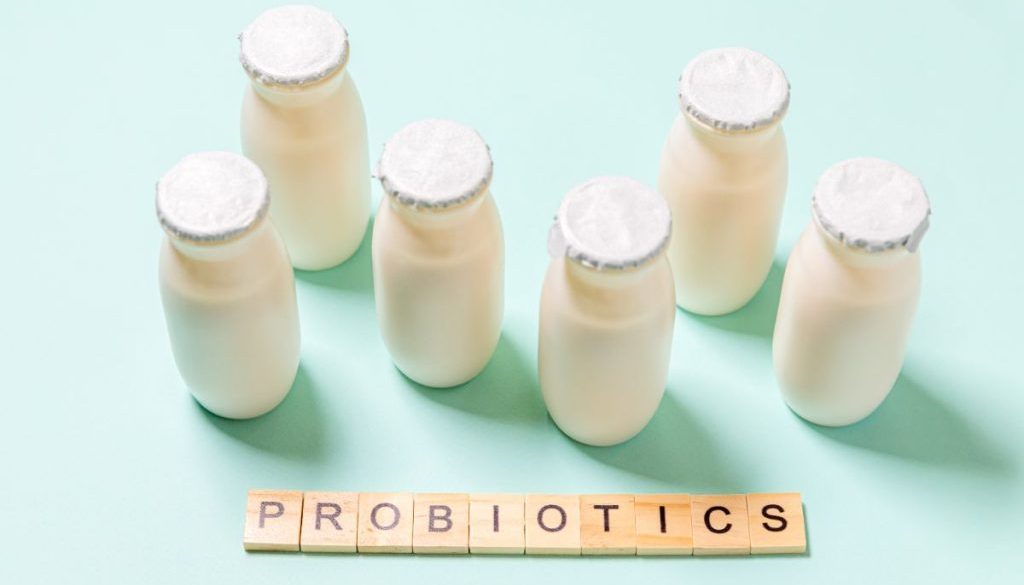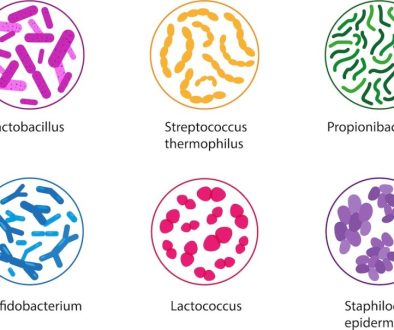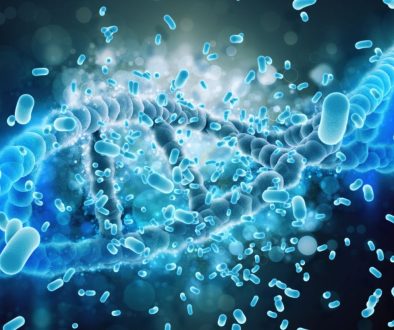Differences Between Prebiotics and Probiotics: A Comprehensive Guide
In the quest for better digestive health, the terms prebiotics and probiotics are often mentioned together. While they both play crucial roles in maintaining gut health, they are fundamentally different in their functions and sources. Understanding these differences can help you make informed decisions about your diet and health. This article explores what prebiotics and probiotics are, their unique benefits, and how they work together to support a healthy gut.
What Are Probiotics?
Probiotics are live microorganisms, often referred to as “good” or “friendly” bacteria, that confer health benefits when consumed in adequate amounts. They are found in various fermented foods and dietary supplements.
- Sources: Common sources of probiotics include yogurt, kefir, sauerkraut, kimchi, miso, and probiotic supplements in various forms such as capsules, tablets, and powders.
- Benefits: Probiotics are known to:
- Restore and maintain a healthy balance of gut bacteria.
- Enhance immune function.
- Improve digestion and nutrient absorption.
- Reduce the severity of gastrointestinal disorders, such as irritable bowel syndrome (IBS) and inflammatory bowel disease (IBD).
What Are Prebiotics?
Prebiotics are non-digestible food components, primarily dietary fibers, that serve as food for probiotics. They stimulate the growth and activity of beneficial gut bacteria.
- Sources: Prebiotics are found in a variety of plant-based foods, particularly those high in fiber. Common sources include:
- Garlic
- Onions
- Bananas
- Asparagus
- Chicory root
- Whole grains (e.g., barley, oats, wheat)

- Benefits: Prebiotics offer several health benefits, including:
- Promoting the growth of beneficial bacteria in the gut.
- Enhancing mineral absorption, particularly calcium and magnesium.
- Supporting regular bowel movements and improving overall digestion.
- Potentially reducing the risk of certain diseases, including colorectal cancer and metabolic syndrome.
Key Differences Between Prebiotics and Probiotics
- Nature and Function:
- Probiotics: Live microorganisms that provide health benefits directly by populating the gut with beneficial bacteria.
- Prebiotics: Non-digestible fibers that feed and stimulate the growth of beneficial bacteria in the gut.
- Sources:
- Probiotics: Found in fermented foods and supplements.
- Prebiotics: Found in various plant-based foods, especially those high in fiber.
- Mechanism of Action:
- Probiotics: Work by colonizing the gut and directly influencing gut health and immune function.
- Prebiotics: Support the growth and activity of probiotics and other beneficial gut bacteria.
- Digestibility:
- Probiotics: Live microorganisms that need to survive the acidic environment of the stomach to reach the intestines.
- Prebiotics: Resistant to digestion in the upper gastrointestinal tract and reach the colon intact, where they can be fermented by gut bacteria.
- Health Benefits:
- Probiotics: Focus on enhancing gut flora balance, improving digestion, and boosting immune health.
- Prebiotics: Aim to support the growth of beneficial bacteria and improve gut health indirectly by providing the necessary nutrients.
Working Together for Optimal Gut Health
Prebiotics and probiotics complement each other and are often referred to together as synbiotics. When consumed together, they can enhance each other’s effects, leading to improved gut health.
- Synergistic Effects: Prebiotics provide the necessary fuel for probiotics to thrive and multiply, while probiotics help ferment prebiotics, making them more digestible and beneficial for gut health.
- Dietary Inclusion: Including both prebiotic-rich and probiotic-rich foods in your diet can create a balanced gut microbiome, promoting overall health and wellness.
Understanding the differences between prebiotics and probiotics is essential for anyone looking to improve their digestive health. While probiotics introduce beneficial bacteria into the gut, prebiotics serve as food for these bacteria, ensuring their growth and activity. By incorporating both into your diet, you can create a healthy balance in your gut microbiome, leading to improved digestion, enhanced immunity, and better overall health.
Sources
- Roberfroid, M. (2007). “Prebiotics: The concept revisited.” Nutrition.
- Hill, C., et al. (2014). “Expert consensus document: The International Scientific Association for Probiotics and Prebiotics consensus statement on the scope and appropriate use of the term probiotic.” Nature Reviews Gastroenterology & Hepatology.




